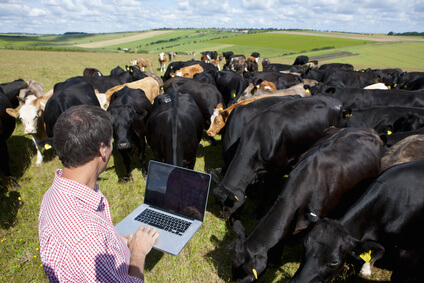There are four major types of privacy law: unreasonable intrusion upon seclusion, unreasonable revelation of private facts, unreasonably placing another person in a false light; and, misappropriation of a person’s name or likeness.
Intrusion:
One who intentionally intrudes, physically or otherwise, upon the solitude or seclusion of another or his private affairs or concerns, is subject to liability to the other for invasion of his privacy, if the intrusion would be highly offensive to a reasonable person.
— Restatement (2nd) of Torts, § 652B.
Private Facts:
One who gives publicity to a matter concerning the private life of another is subject to liability to the other for invasion of privacy, if the matter publicized is of a kind that (a) would be highly offensive to a reasonable person; and (b) is not of legitimate concern to the public.
— Restatement (2nd) of Torts, § 652D.
False Light:
One who gives publicity to a matter concerning another that places the other before the public in a false light is subject to liability to the other for invasion of his privacy, (a) the false light in which the other was placed would be highly offensive to a reasonable per- son, and (b) the actor had knowledge of or acted in reckless disregard as to the falsity of the publicized matter and the false light in which the other would be placed.
— Restatement (2nd) of Torts, § 652E.
Misappropriation:
One who appropriates to his own use or benefit the name or likeness of another is subject to liability to the other for invasion of privacy.
— Restatement (2nd) of Torts, § 652C.
Defenses to Privacy Suits
Generally, a person does not have a right to privacy if they are in the public. Therefore, it would likely be allowable if a photographer captured an image of a person in an area where they would not have a reasonable expectation of privacy in a public place.
Many times photographers will still obtain a release from the person in the image allowing the photographer to use their image. A person could photograph a house or livestock if they took the photo from a public location like a road and the subject of the photos could be easily seen from that vantage point. Conversely, a photographer may not go on to private property and take photographs. Further, public figures have a lower level of expectation of privacy.

